
The AIgorythm project

Playwright and actor
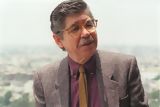
Novelist

Writer and poet

Volleyball player

Italian-Peruvian naturalist and geographer

Singer and percussionist

Last Inca emperor

Politician, former prime Minister

Journalist and TV host
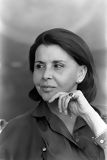
Poet

Inca warrior
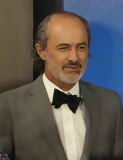
Actor and comedian

Biophysicist

Poet

Doctor and researcher
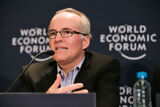
Businessman, Interbank group

Journalist and writer
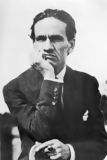
Poet and writer

Singer and songwriter
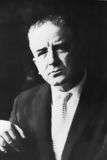
Writer

Film director, Berlin Golden Bear winner

Football player
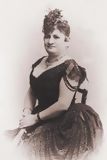
Writer and journalist
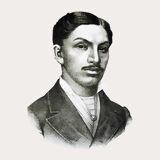
Doctor and scientist

Photograph

Chess player

Industrialist
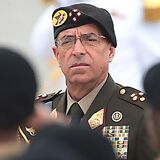
Former general

Specialist in public health

Actress and singer
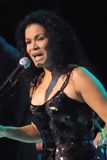
Afro-Peruvian music singer

Mathematician and engineer

Indigenous chronicler

Neurologist and anthropologist

Painter

Football player
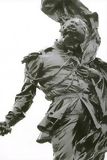
National hero, military leader

Intellectual and reformer

Chef and entrepreneur

Fashion designer

Singer-songwriter

TV presenter

Marathon runner

Indigenous Peruvian chronicler

Theologian

Former national team captain

Economist and former health minister

Inca princess

Writer and television host

Folk musician

Poet and guerrilla
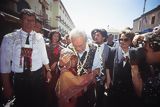
Former UN secretary-general

Chef, known for fusion cuisine

Football player

Peruvian aviation pioneer

Poet and artist
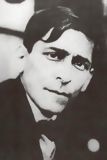
Marxist philosopher and writer

Industrialist and businessman
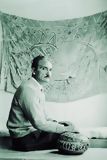
Novelist and ethnologist

Painter and muralist

Opera tenor

Fashion designer

Cardinal of Lima

Peruvian tennis player

Football coach

Leader of the indigenous rebellion
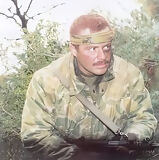
Military hero

Latin singer
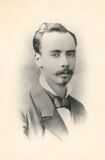
War of the Pacific hero

The youngest mother in history

Politician
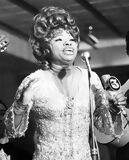
Creole music singer

Tennis player
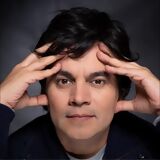
Musician

Writer and politician

Politician and founder of the Christian Democratic Party

Founder of Sodalitium Christianae Vitae

Archaeologist and anthropologist
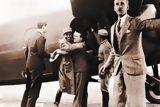
Military leader and politician

Television host
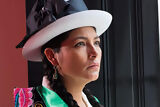
Actress and singer
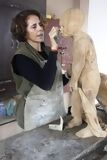
Contemporary sculptor
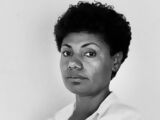
Women’s rights activist

Beauty queen

Astrophysicist

Heroine of independence
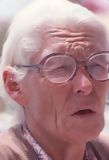
Mathematician and archaeologist

Historian and anthropologist
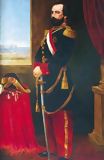
Military figure and historical figure
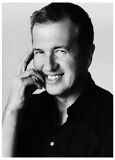
Fashion photographer
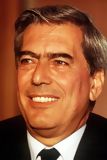
Writer, Nobel Prize in Literature, Politician

Revolutionary leader
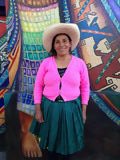
Environmental activist

Leader of the indigenous rebellion
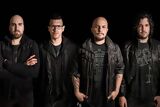
Musician from Gaia band
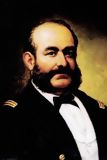
War hero
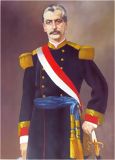
Military leader and politician

Chef, known for Nikkei cuisine

Volleyball coach and former player

Environmental activist

Television personality

Writer
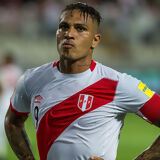
Football player

Epidemiologist and former health Minister

Inventor and aerospace pioneer

Soldier and inventor
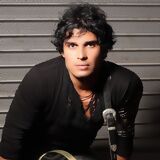
Rock singer

Chef and co-owner of Central restaurant

Painter

Football player

TV presenter and actress
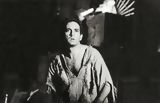
Actor
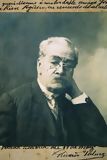
Writer and historian

Journalist and lawyer

Archaeologist, founder of Caral site
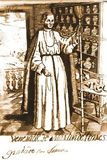
Monk and Saint
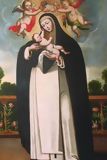
Saint, patron of Latin America

Physicist and engineer

World champion surfer

Actress

Oncologist
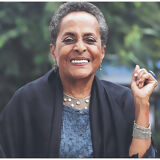
Singer, Latin Grammy winner

Former mayor of Lima

Singer

Actress

Former football player

Painter
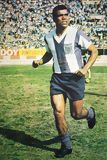
Former football player

Painter

Inca leader

Archbishop, saint
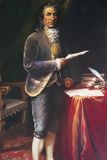
Leader of the indigenous rebellion

Revolutionary indigenous leader

Diplomat and intellectual

Sculptor and painter
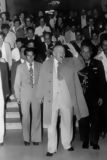
Political leader, founder of APRA

Lawyer and Former prime minister

Chef of Central restaurant
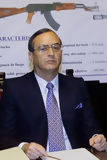
Former head of secret services

Popular singer

Fashion designer

Exotic music singer
Víctor Raúl Haya de la Torre is one of the most influential political figures in 20th-century Peru. Born on February 22, 1895, in Trujillo, Peru, he is best known for founding the American Popular Revolutionary Alliance (APRA), a political movement that had a significant impact not only in Peru but across Latin America. Haya de la Torre was a charismatic leader, advocating for social justice, anti-imperialism, and Latin American unity. His ideas and leadership left a lasting legacy on Peruvian and regional politics.
Víctor Raúl Haya de la Torre was born into a middle-class family in Trujillo. From a young age, he showed interest in political and social issues. After finishing secondary school, he moved to Lima to study law at the National University of San Marcos, where he became involved in student movements and political debates. During his university years, Haya de la Torre was greatly influenced by ideas of social justice and anti-imperialism, shaping his future political vision.
In 1924, while in exile in Mexico, Haya de la Torre founded the American Popular Revolutionary Alliance (APRA). The movement sought to unite anti-imperialist struggles across Latin America and promote social justice for the working classes and indigenous populations. Haya envisioned APRA as a continental movement, aiming for the liberation of Latin American countries from colonial and neo-colonial oppression. Although APRA spread to other countries, its most significant impact was in Peru.
APRA's platform was based on five fundamental principles: Latin American unity, the elimination of foreign imperialism, the nationalization of key industries, agrarian reform, and the democratization of society. Haya de la Torre advocated for a form of democratic socialism that respected civil liberties while promoting greater economic justice for the masses. These ideas made APRA a popular movement but also attracted opposition from Peru’s economic and political elites.
The Peruvian government, fearing the growing influence of APRA, persecuted Haya de la Torre and his followers. He was imprisoned multiple times and spent long periods in exile. His ideas, considered radical by Peru’s conservative elites, led to brutal repression of APRA, particularly under military regimes that sought to contain the movement's rise. Despite the repression, APRA continued to grow, becoming one of the most significant political parties in the country.
Haya de la Torre returned to Peru several times throughout his career, despite the risks of persecution. In 1945, he played a key role in the election of José Luis Bustamante y Rivero as president, an APRA ally. However, after a military coup in 1948, APRA was again repressed, and Haya was forced into exile once more. It wasn’t until 1956, during the presidency of Manuel A. Odría, that APRA was legalized, allowing Haya to re-enter Peruvian politics formally.
Despite being a central figure in Peruvian politics for decades, Haya de la Torre never became president. He ran for the presidency multiple times but was often defeated due to electoral fraud or opposition from the military. In 1963, he was elected President of the Congress of the Republic, marking the pinnacle of his political career. In this role, he continued to advocate for social reform and economic justice, although he was never able to implement his full political vision on a national scale as president.
Víctor Raúl Haya de la Torre left a lasting legacy on both Peruvian and Latin American politics. His ideology of social justice, economic nationalism, and Latin American unity inspired numerous political movements across the region. In Peru, APRA remained one of the country’s most influential political parties for decades, even after his death in 1979. Though he never held the presidency, Haya de la Torre is widely regarded as one of the most important political leaders in Peruvian history.
Víctor Raúl Haya de la Torre was a visionary leader who left an indelible mark on the history of Peruvian and Latin American politics. His fight for social justice, anti-imperialism, and the unity of Latin American peoples made him a historic figure. Although he never achieved the presidency, his influence on politics and social movements remains significant, and his ideology continues to inspire future generations of activists and politicians throughout the continent.